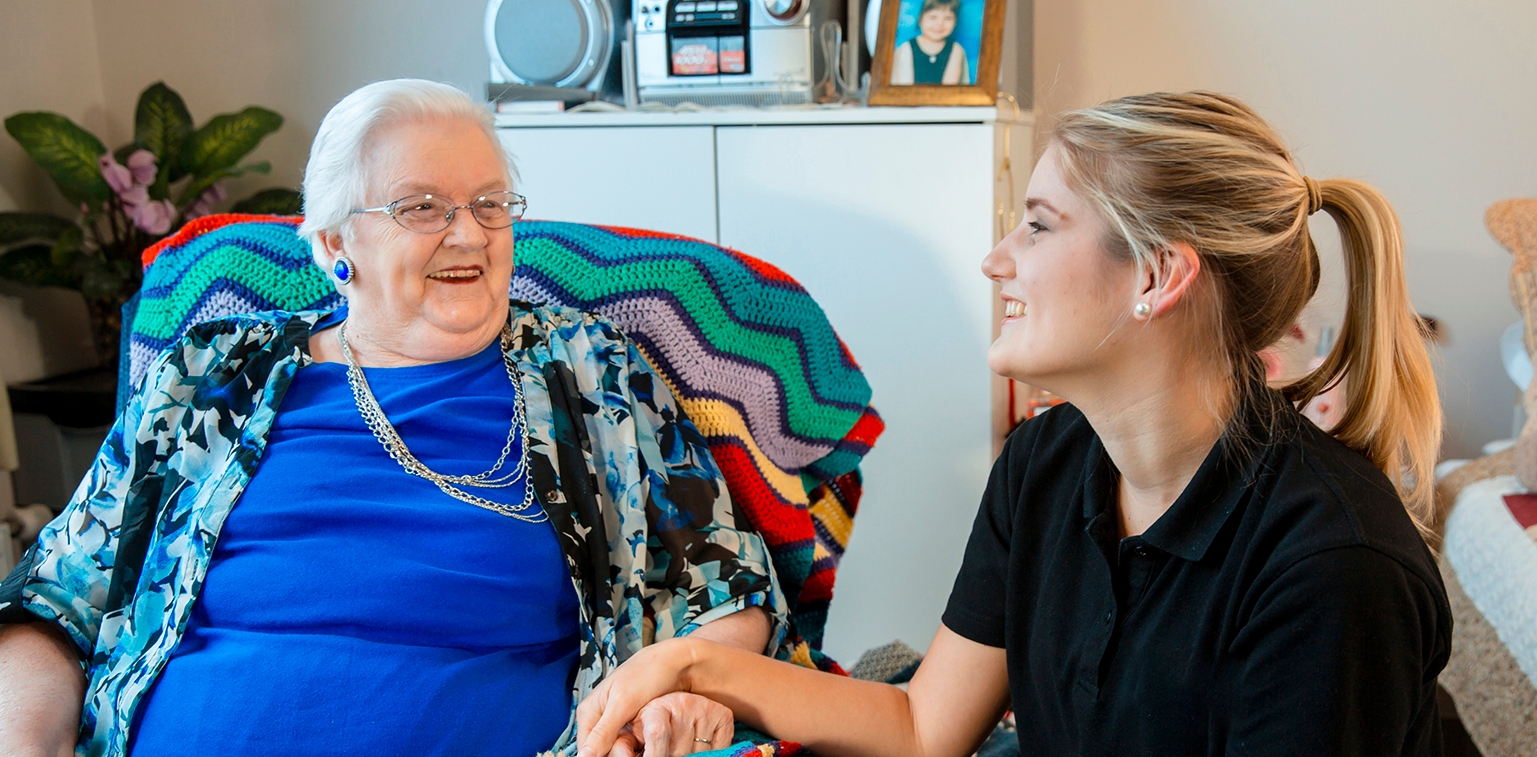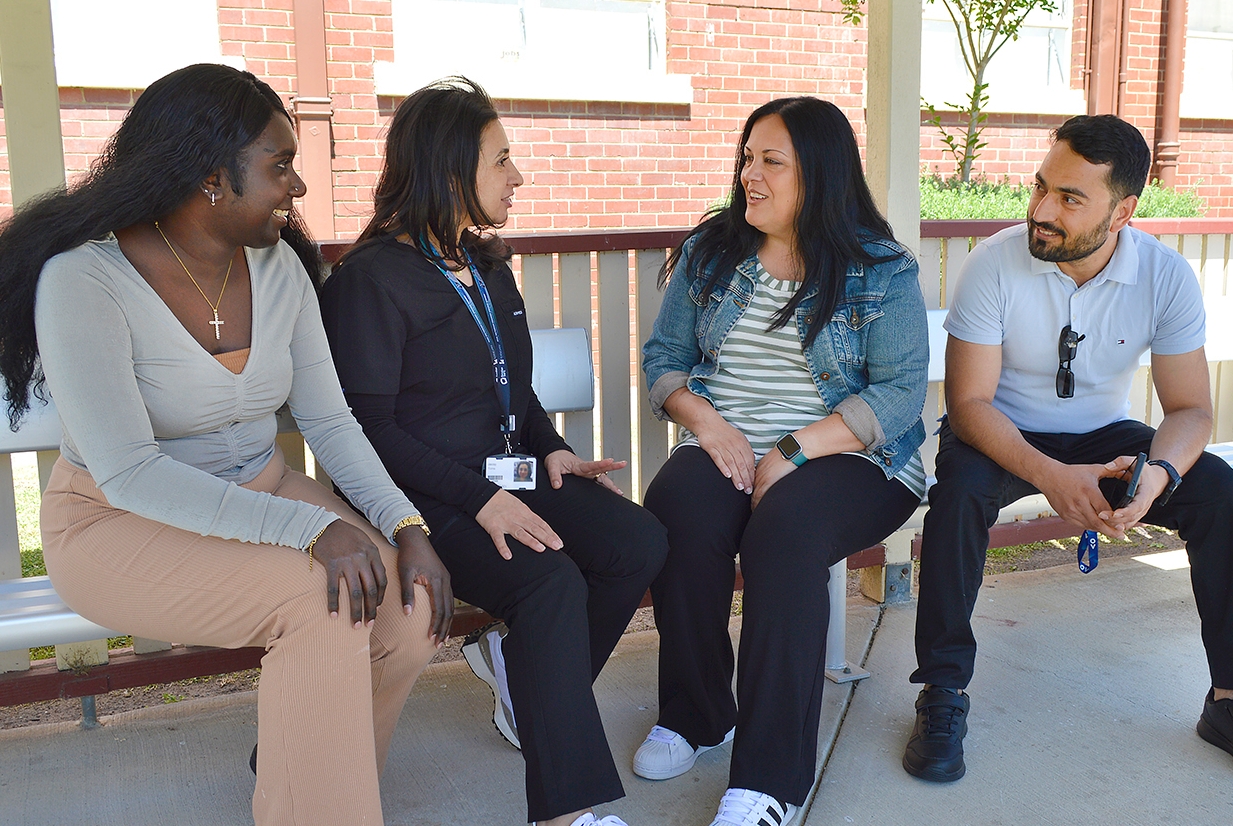Disability Support
A career as a Disability Support Worker (DSW) means you will be employed in a professional environment providing care and support to clients with an intellectual and/or physical disability. Working in disability is all about wanting to make a genuine difference to the lives of people with disabilities. Your tasks may range from helping others achieve greater levels of independence to enjoying an enhanced quality of life, obtaining the Certificate IV in Disability (CHC43115) will give you the necessary skills needed to attend to those under your care.
A Disability Support Worker may expect to perform the following duties:
- Work with people with an intellectual and or physical disability.
- Develop and implement programs to help support clients to develop skills and abilities so they are more able to make decisions affecting their lives, live as independently as possible and to help them participate in the community.
- Encourage clients to develop personal, community and social relationships.
- Help them develop and maintain independence and safety in personal care, health care and hygiene.
Youth Work
A career as a Youth Worker will require you to provide support, information and advice to young people on emotional, financial, development, health, housing and other social welfare matters. This certification will also help you prepare as a youth worker who develops and facilitates programs for young people through a range of community-based programs. You may be required to work with young people on an individual or group bases and offer practical and emotional support to help them develop skills to make positive changes to their lives.
Youth workers are required to organise and facilitate programs to address the particular issues young people face such as building confidence, family conflicts, drug and alcohol abuse, homelessness, sex and relationships and help to find a job.
A Youth Worker may expect to perform the following duties:
- Meeting with young people to identify and discuss their problems.
- Plan and conduct programs focused on training and employment, self-development and education.
- Arrange food, shelter and clothing for young people in need.
- Referring clients to appropriate specialists or community agencies.
Youth workers can work in a variety of settings including schools, hospitals, community or youth centres, residential care or emergency accommodation facilities. Youth workers may also be required to carry out street based work by interacting with young people and may be required to work nights and weekend from time to time to help those most vulnerable.



